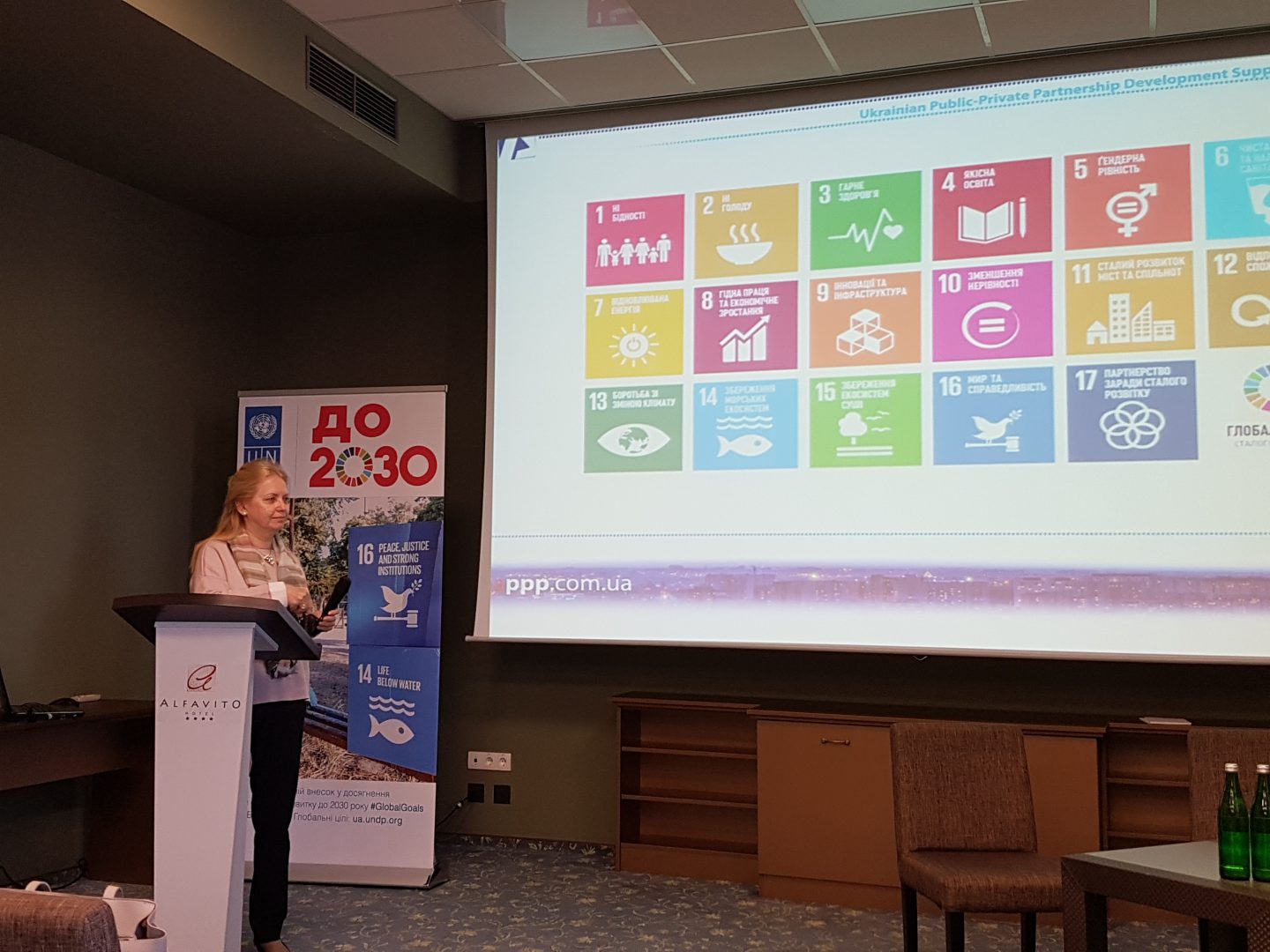Prof. I. Zapatrina
Sustainable Development Goals - 2030: new challenges
In September 2015, the 70th session of the United Nations was held in New York. Many publications in the mass media of Ukraine were devoted to the coverage of this event. Unfortunately, the huge flow of various reports of this session made a little mention of the most important global event of the Assembly, the adoption of the Transforming Our World: 2030 Agenda for Sustainable Development. This document was supported by the authorized representatives of 193 UN member states. It includes 17 Sustainable Development Goals (SDGs) and 169 goals to be met by 2030 by all countries.
What are these goals? Eliminating poverty, overcoming hunger, ensuring health and well-being for all, access to quality education, gender equality, access to clean water, sanitation, affordable and clean energy for all, ensuring decent work and economic growth, industrialization, innovation and modern infrastructure, overcoming social -economic inequality between countries, the creation of smart and sustainable settlements, ensuring responsible consumption and production, preventing climate change, preserving the global ecosystem, ensuring peace, justice and effective institutions, a global partnership for sustainable development.
Each of these goals consists of clearly formalized tasks, the achievement of which (defined for them qualitative and quantitative indicators) by each of the countries will indicate the implementation of the Sustainable Development Strategy. Most of these problems, in principle, cannot be solved without the creation of a modern efficient infrastructure. In its turn, the latter is impossible without a public-private partnership. In particular, and for this reason, almost all experts during the Assembly agreed that public-private partnerships should be a key tool for implementing the new Sustainable Development Strategy.
How to adapt the public-private partnership model to new global challenges?
What criteria should prevail when selecting priority infrastructure projects?
How should the state stimulate private business to actively participate in achieving the Sustainable Development Goals?
How to ensure communication with the public on these issues?
What knowledge and competencies should public authorities and business have in the new realities?
All these issues are at the center of attention of the world community today: the governments of economically developed countries and developing economies, international institutions, experts, private business and civil society.
Right after after the adoption of the Sustainable Development Strategy - 2030, the discussion of mechanisms for achieving the Sustainable Development Goals became the focus of a number of major and significant international events. A major international forum "Public-Private Partnership for Sustainable Development" was held on October 29-30 in Annemasse (France). On November 6 in Minsk (Republic of Belarus) - International Conference "Towards the Success of Public-Private Partnership in the Republic of Belarus: Retrospectives and Prospects". On November 10-11 in Dushanbe (Tajikistan) - International Economic Forum on Regional Strategy for Sustainable Development Goals for Afghanistan, Azerbaijan, Kazakhstan, Kyrgyzstan, Tajikistan and Turkmenistan. On November 17 in Barcelona (Spain) - International Conference "Accelerating Sustainability and Innovation in Cities through Public-Private Partnerships". All these and many other conferences marked the beginning of a broad public movement to implement the Sustainable Development Strategy - 2030. Today, the Sustainable Development Goals are actively discussed in Ukraine.
2016

